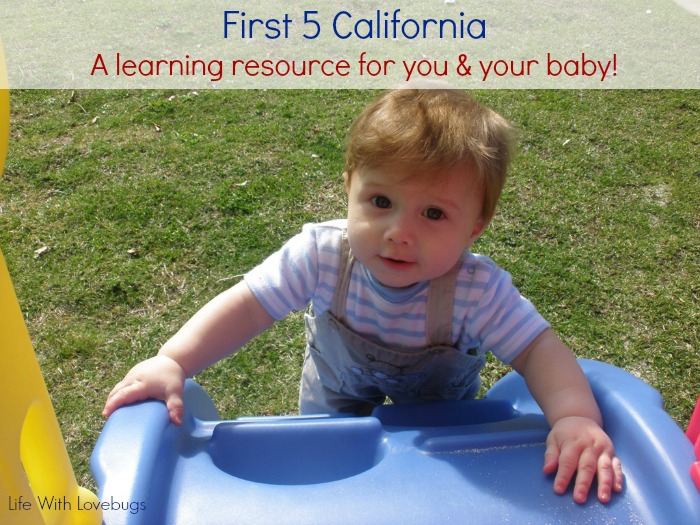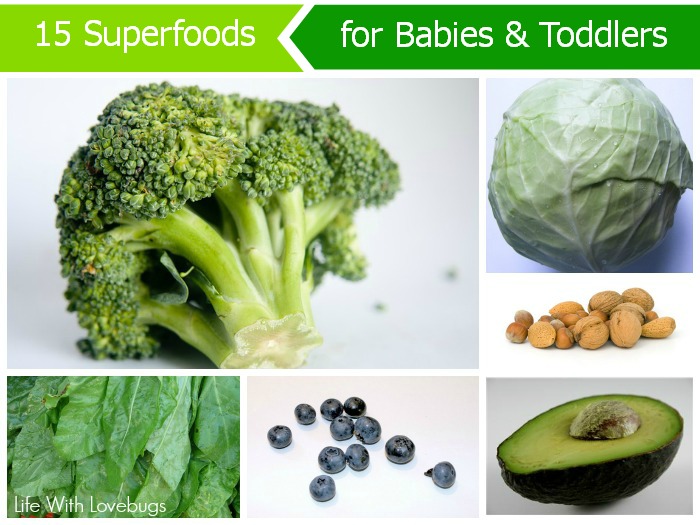Baby’s First Foods: Where do you start?

Most babies will begin the introduction of solid foods to their diets between four to six months of age, though this varies from culture to culture and of course, from family to family.
Your baby may be ready for solids if he/she:
- Sits up alone, without assistance
- Consistently seems hungry after a full feeding
- Shows interest in or grabs at your food
- Can refuse food by turning head
- Has outgrown reflex to spit out solid food
What parents and caregivers decide to feed their young ones is very important, because this not only helps to shape the taste buds on those curious little tongues, the choices and eating habits strongly develop into food lifestyles. This article will highlight great choices for your baby’s first foods and reasons why conventional “rice cereal” is not as innocent and“wholesome” as many commercial marketers claim them to be!
Did you know that very young babies have poor control of their throat and tongue muscles? This weak and untrained muscle makes swallowing of solid foods difficult and can cause choking or gagging if that baby has not learned the right way to down those first foods. Finding the appropriate first foods can be challenging for some families, for there are risks of allergies which may increase if baby’s first foods are introduced too soon. In some scientific studies, early feeding (before 4 months of age) can cause obesity. If you are unsure about the readiness of your baby to solids, please ask your health care provider for suggestions and their professional opinion before starting any food introductions.
I strongly agree with the works and message of Stanford-based pediatrician, Dr. Alan Greene. His approach to wellness for children promote wholesome foods and natural healing. He highlights in his lectures and publications the reason why whole foods should be the choices for parents and caregivers, instead of white rice cereal.
Dr. Greene says, “The number one ingredient in what we call rice ‘cereal’ is processed white rice flour. That’s all the rice there is. There are also some vitamins and minerals sprinkled in that which babies could easily get in other ways. These don’t make this gateway junk food healthy. . . Metabolically, it’s not that different from giving babies a spoonful of sugar.”
Dr. Greene not only believes that this white cereal is nutritionally bad for babies, but that it will set our children up for many problems down the line into adulthood.
Our bodies are programmed to like sugar and fat. When we eat breads and processed foods, synapses begin firing rapidly in our brains and dopamine is released. It is like an addiction. Eating such foods makes us feel good for a short amount of time and our bodies begin craving more and more of it. The bad news? According to Dr. Greene’s theory of flavor preferences, by influencing our little ones to eat highly processed and sugar laden foods in their first years of life, the child will prefer processed foods in the decades to come (which according to historic statistics, greatly increase the chances of obesity, diabetes and a laundry list of chronic diseases!).
Instead of the commercially bleached, white sugary and highly processed white rice cereal for your baby’s first taste of food, try the following:
FRUITS: Filled with Vitamins A, C, Folate, Potassium, Phosphorus, Selenium, Magnesium, Calcium and fiber
- Apples
- Avocados (filled with healthy essential fats and nutrients that a growing baby needs)
- Apricots
- Bananas (their mucosal properties actually help coat the tummy and help aid in digestion)
- Mango
- Nectarines
- Papaya (aids in digestion)
- Peaches
- Pears
- Plums
- Prunes
- Pumpkin
VEGETABLES:
- Carrots
- Green beans
- Peas
- Acorn or Butternut Squash
- Sweet Potato/ Yam
GRAINS
- Barley
- Oatmeal
- Organic Brown Rice
Special Note* Please be aware of the processed and store bought jars, tubes, or packets of baby fruits and vegetables sold in convenient stores or markets. Many of them arefirst heated in some way (boiled, pasteurized) and then mixed with salt, sugar, or preservatives or taste, appearance and extended shelf life. Pay attention to labels. Read each one carefully and try not to purchase foods that have them. Fresh is best, if and when possible. Preparation is going to be your best friend. Trust me! The time is worth it! Additional spices which can be added to baby’s food as early as 7 months include cinnamon, garlic powder, and peppers.
I really like many of the recipes in these sources, and they teach you how to prepare your baby’s foods: www.wholesomebabyfood.momtastic.com
The Baby & Toddler Cookbook: Fresh, Homemade Foods for a Healthy Start by Karen Ansel
Dr. Nancy Lin DeGreogori, Ph.D


